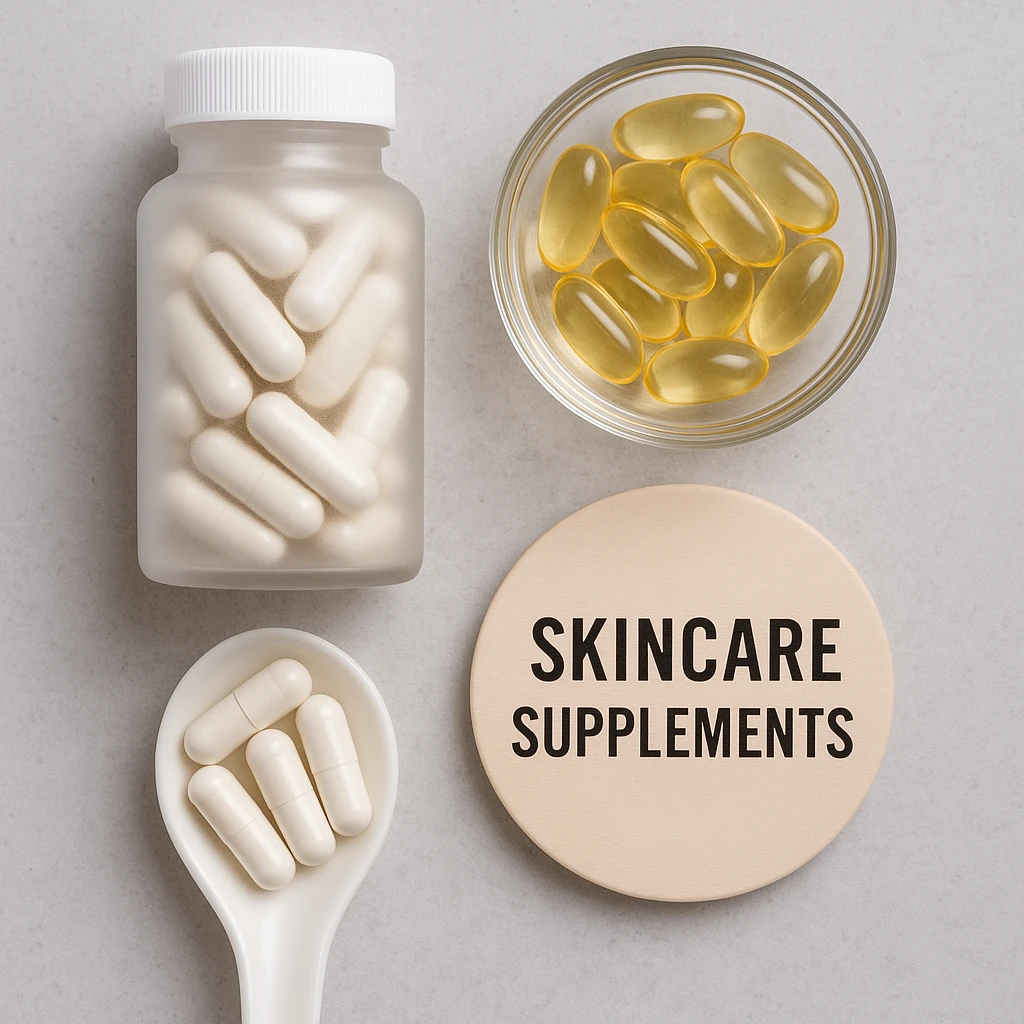Are oral skincare supplements effective
Are Oral Skincare Supplements Effective? – Here is a -Word Overview
Oral skincare supplements have gained popularity in recent years, promising healthier, clearer, and more youthful skin from the inside out. These supplements come in various forms—capsules, powders, gummies, and drinks—and typically contain ingredients like collagen, hyaluronic acid, vitamins (A, C, E), zinc, biotin, and antioxidants. But do they really work? The answer is nuanced.
How Oral Skincare Supplements Work
Unlike topical products that act directly on the skin's surface, oral supplements aim to nourish the skin from within. Nutrients are absorbed through the digestive system and then circulated to various organs, including the skin. The idea is that consistent supplementation can help replenish essential compounds that promote skin structure, hydration, and repair.
Popular Ingredients and Their Effectiveness
-
Collagen:
Collagen supplements, especially hydrolyzed collagen peptides, are among the most studied. Research suggests they can improve skin elasticity, hydration, and reduce wrinkles over time, usually after 8–12 weeks of regular use. -
Hyaluronic Acid:
While commonly used topically, oral hyaluronic acid can also enhance skin moisture levels and reduce dryness. It works best when paired with vitamin C or collagen. -
Biotin (Vitamin B7):
Known for promoting hair, skin, and nail health, biotin is effective mainly in people with a deficiency. For those who aren’t deficient, the benefits are less clear. -
Zinc:
Zinc has anti-inflammatory properties and is particularly useful for acne-prone skin. It helps regulate oil production and supports wound healing. -
Antioxidants (Vitamin C, E, A, Selenium):
These protect the skin from free radical damage caused by sun exposure and pollution. Vitamin C, for example, supports collagen synthesis and brightens the complexion. -
Omega-3 Fatty Acids:
Found in fish oil supplements, omega-3s can reduce inflammation, help with dry skin, and support the skin barrier function.
Scientific Evidence and Limitations
Some oral supplements do show measurable benefits, especially when used consistently and as part of a broader skincare and wellness routine. However, results are generally modest and gradual. Moreover, individual responses vary depending on factors like diet, lifestyle, genetics, and the presence of nutritional deficiencies.
Clinical studies supporting supplement effectiveness often use specific formulations, dosages, and durations—details not always matched by commercial products. Additionally, many supplements on the market are not regulated strictly, and their quality or ingredient concentration can vary.
Potential Risks and Considerations
-
Over-supplementation can lead to side effects. For example, too much vitamin A can cause liver toxicity or dry skin.
-
Always consult a healthcare professional before starting a new supplement, especially if you’re pregnant, nursing, or on medication.
-
Supplements should not replace a balanced diet. Whole foods provide a broader range of nutrients and additional health benefits.
Conclusion
Oral skincare supplements can be effective, particularly when targeted to specific skin concerns or deficiencies and used alongside a healthy lifestyle. However, they are not miracle cures and should complement, not replace, a solid skincare routine and a nutritious diet. For best results, choose high-quality, well-reviewed products and be consistent in their use.

Related Blog
What Causes Oily Skin and Can It Be Managed Naturally? Exploring Root Causes and Gentle Solutions
Aug 2, 2025 by Admin
General
What Are the Signs That You Have Sensitive Skin? Key Symptoms to Help You Identify This Delicate Skin Type
Aug 1, 2025 by Admin
General